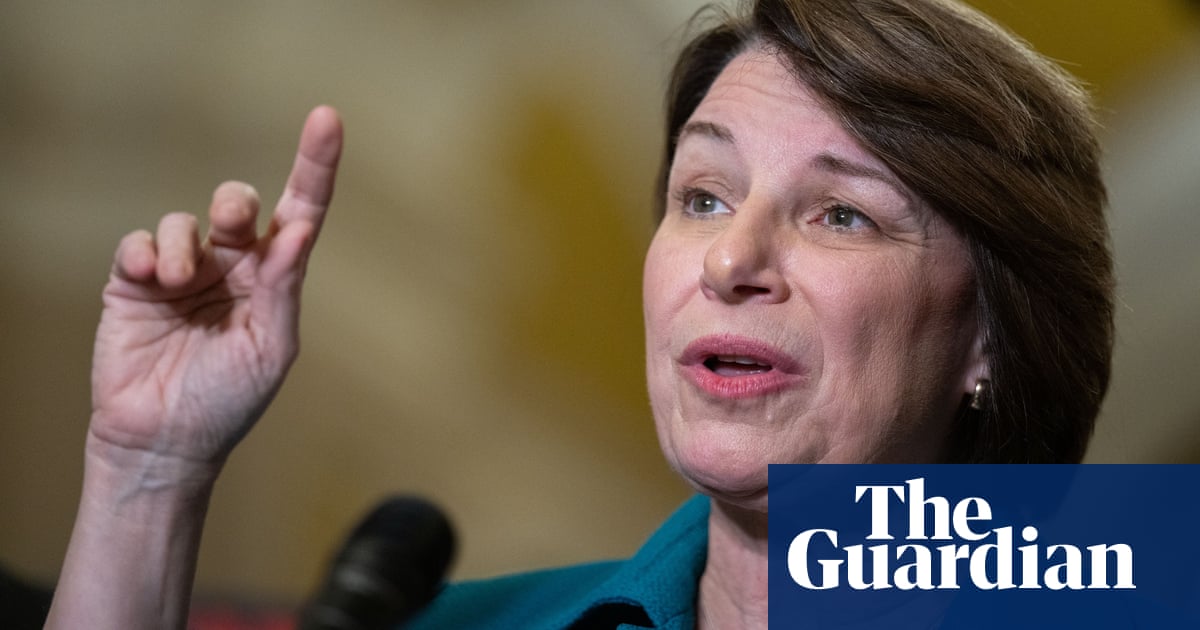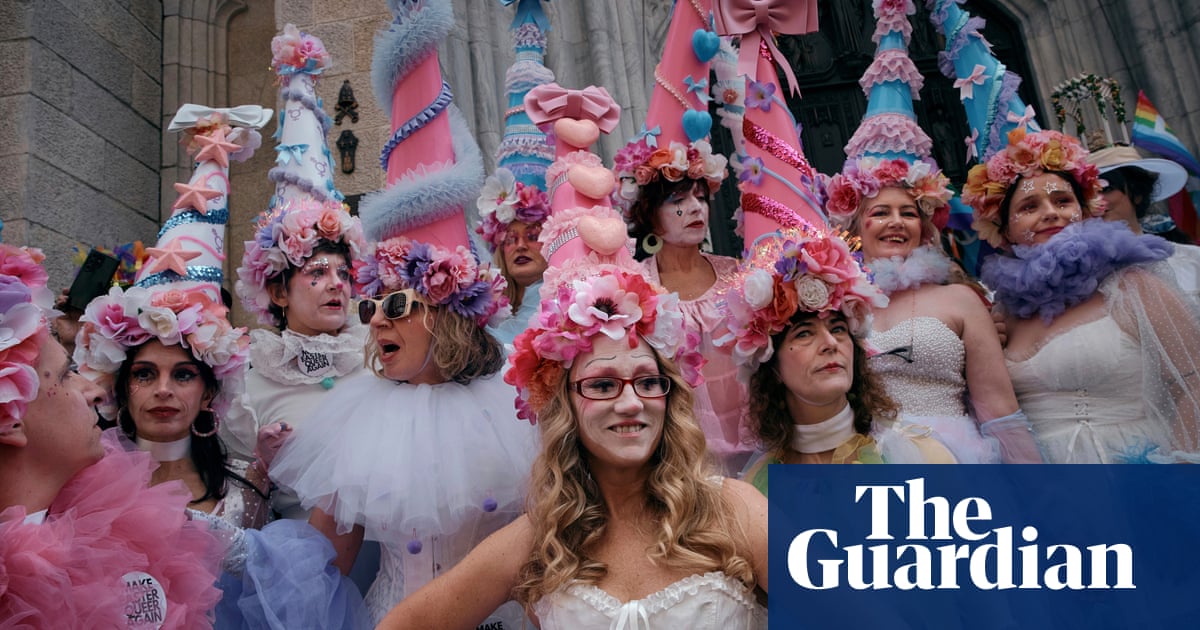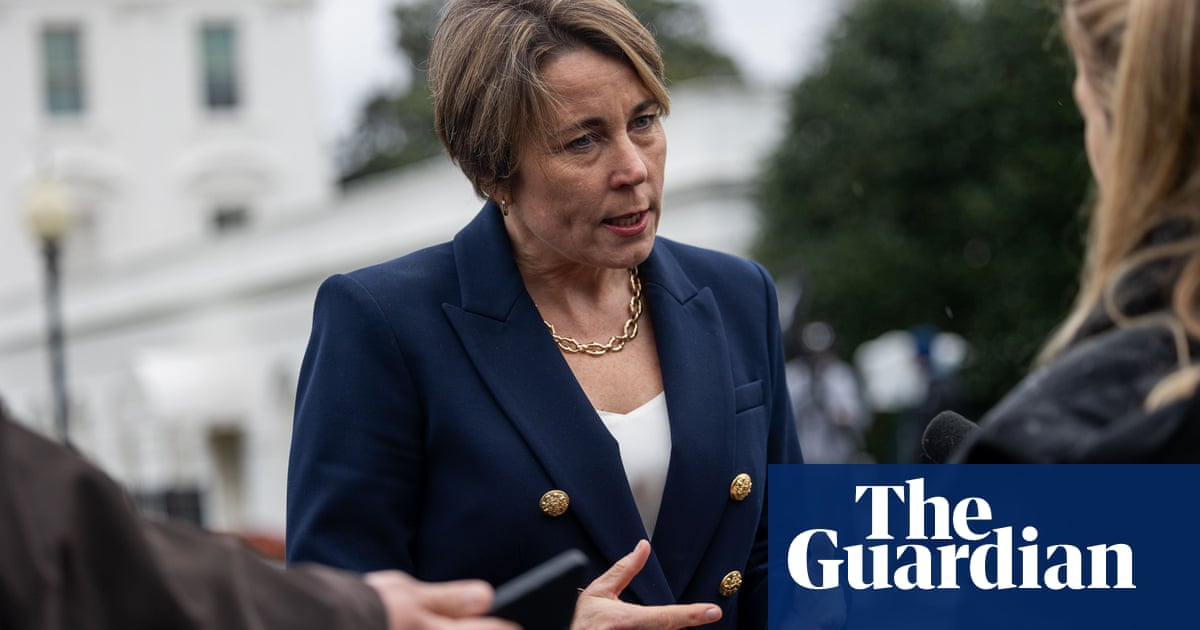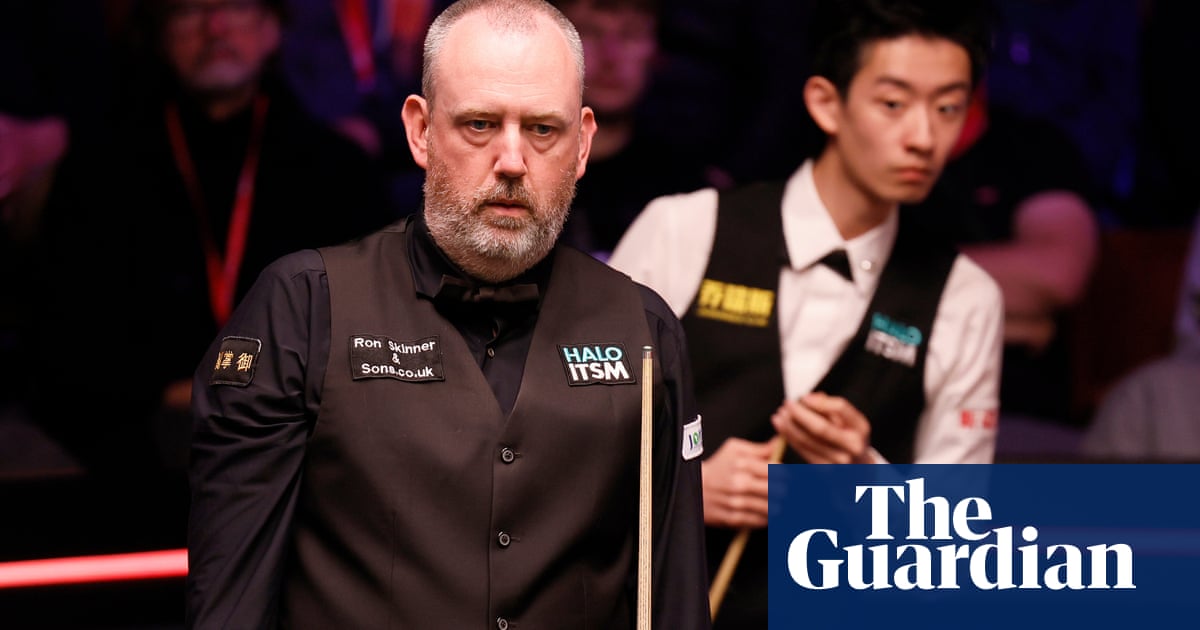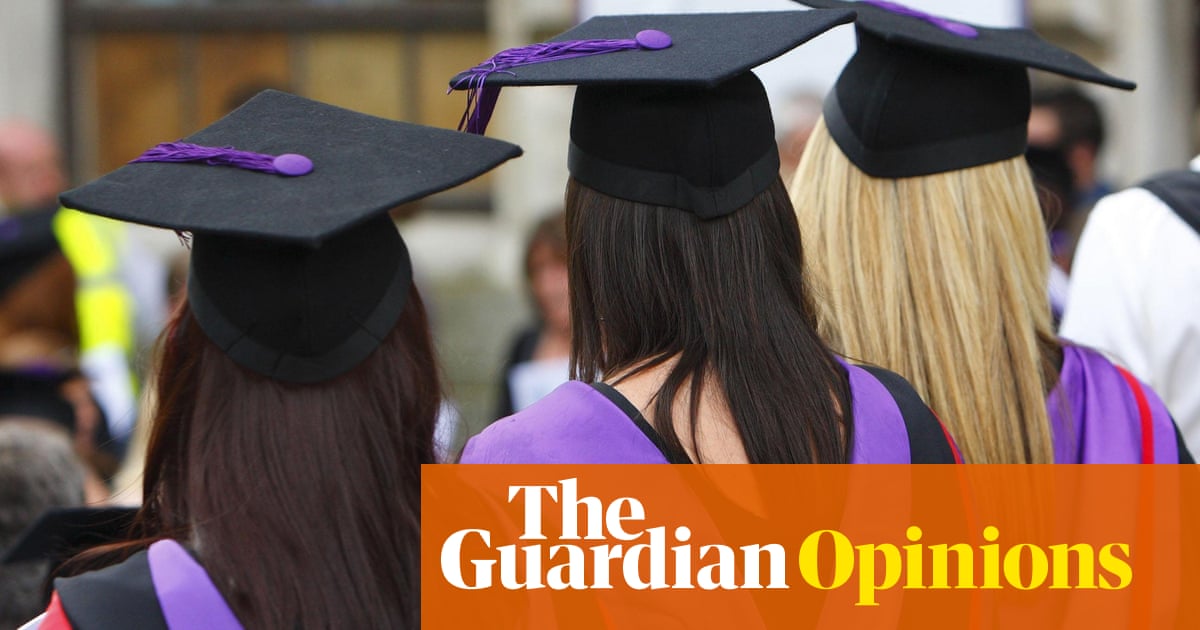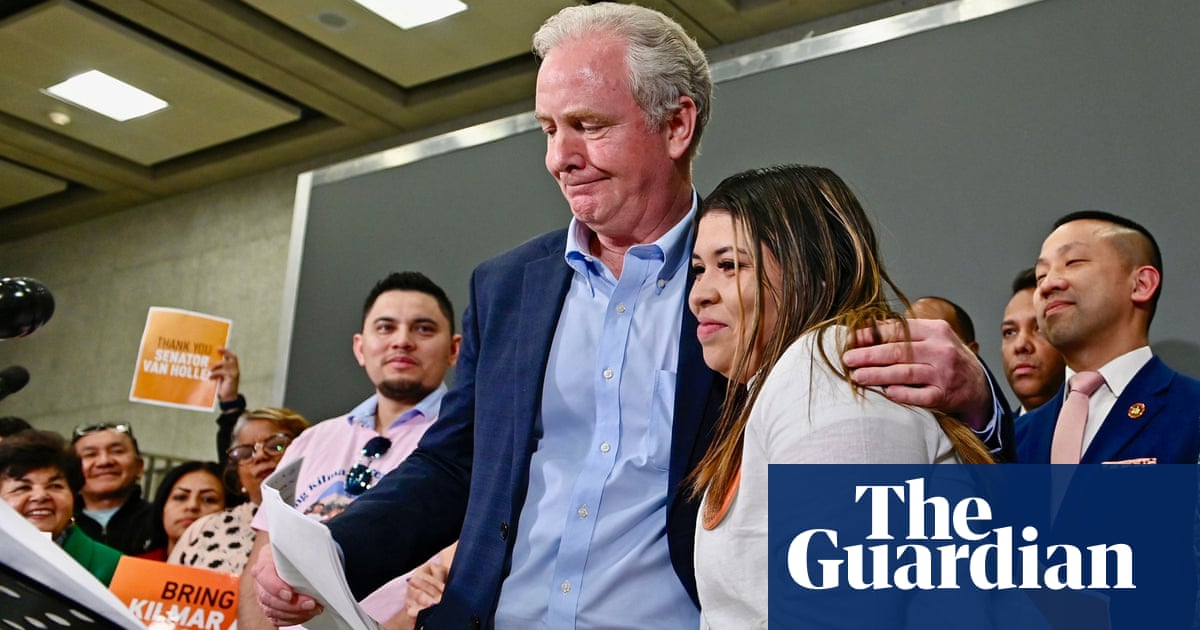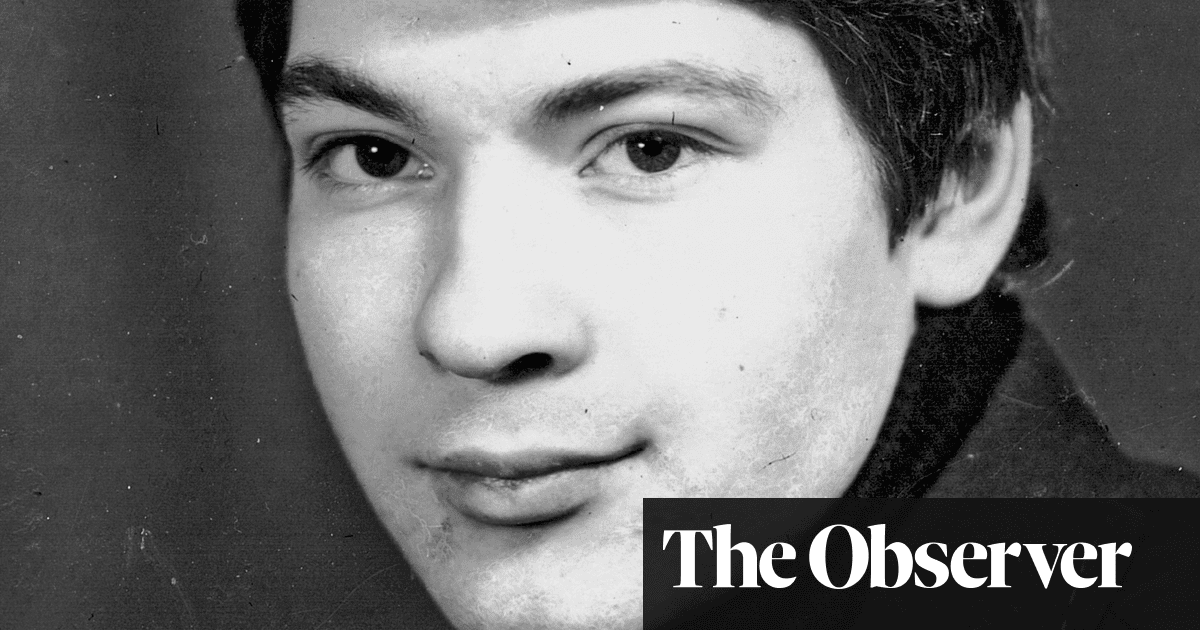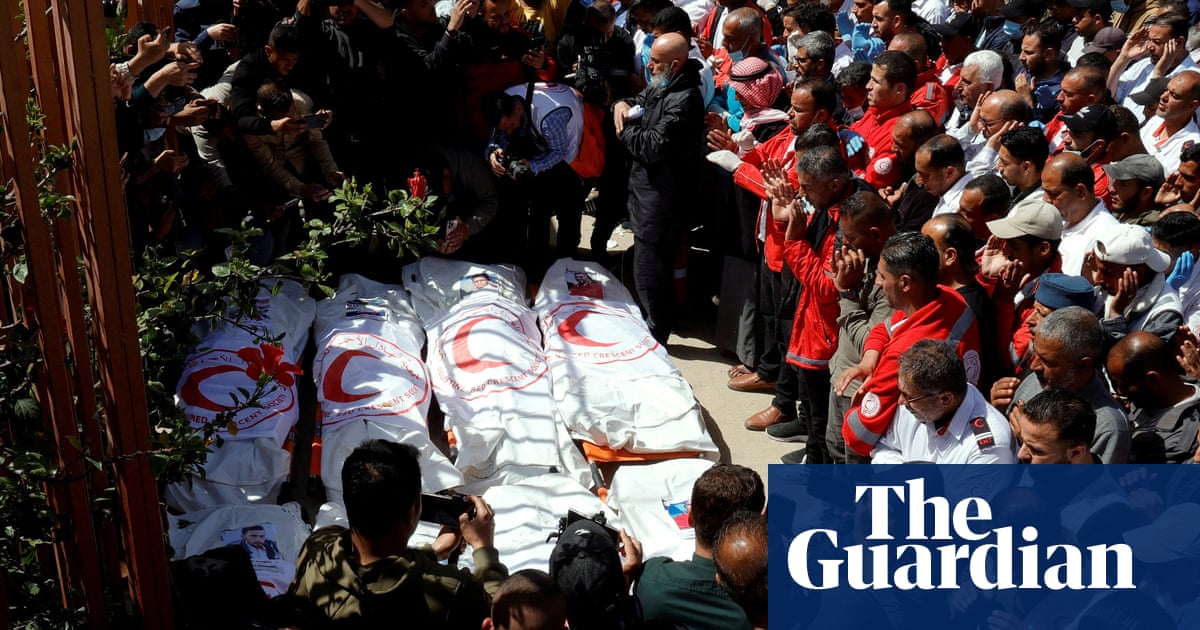When Maykel González Vivero, a journalist and LGBTQ+ activist, was picked up by police during massive street protests in Cuba in July 2021, he was driven to a detention centre on the outskirts of Havana and thrown into a jail cell with dozens of others.
“When I was in that cell I thought I would never get out. I prepared myself mentally,” he said. He was released that night, but hundreds of others were not.
Now thanks to a deal between the US and Cuban governments, negotiated through the Vatican, others who were arrested that day will be among more than 500 detainees to regain their freedom.
The Cuban government has been at pains to avoid the tag of “political prisoners”, arguing that these are people who had been convicted “in accordance with due process of crimes punishable by law”, at least 13 people detained for protesting against the government were released on Wednesday.
They included 11 July protesters such as Rowland Jesús Castillo, who was 17 when he was arrested for sedition, Lisdany Rodríguez Isaac who was 22 and received eight years and Donaida Pérez Paseiro, a leader of the Yoruba religion, who was sentenced to eight years, despite raising two children alone after her husband was jailed.
While Cuba is keen to tamp down on the idea this is a quid pro quo, the deal reverses one of the final acts of Donald Trump during his first term, when he placed Cuba on the US Department of State’s list of state sponsors of terror (SSOT) alongside North Korea, Iran and Syria.
It also lifts direct sanctions on companies run by the Cuban military and suspends a provision on a law that allows Cuban Americans to sue for compensation for property confiscated on the island during the revolution.
Michael Bustamante, chair of Cuban and Cuban-American Studies at the University of Miami, pointed out that while these changes have “long been a Cuban wish”, the move caught observers by surprise. “This wasn’t on my bingo card for the lame duck presidency.”
The measures are all the more surprising because they can easily be reversed when Trump takes office next week. Pedro Freyre, an attorney with Akerman LLP who specialises on Cuban embargo issues, said: “This designation can be reversed by Congress with a joint resolution, and given the fact that the Republicans control both houses, that’s virtually a given.”
In the last four years, sanctions first imposed by Trump – and kept in place by Biden – have accelerated Cuba’s decline. Inclusion on the SSOT list had direct consequences for tourism, one of the drivers of the economy. Travelers who visit countries on the SSOT list are unable to use ESTA visa waivers to enter the US, and it had become commonplace to see visitors being turned away from flights to the US at Havana’s José Marti international airport.
The measures also made it more difficult to do business, causing foreign banks to cancel the accounts of anyone transferring money on the island.
Cuba is in a parlous state. In the years since 2019, GDP has fallen by 12%, with further falls expected this year. Inflation has seen state wages and pensions rendered all but worthless. Over 10% of the population have fled and hunger, misery and ill-health are now commonplace.
And nothing the incoming administration has said suggests they wish to arrest this decline. In his Senate hearing on Wednesday to become secretary of state, Marco Rubio confirmed his belief that Cuba sponsors terrorism, adding that Cuba’s leaders would have to decide whether they want to open up or be “the owners of a fourth world country that is falling apart”.
Bustamante is worried that Biden’s move could ultimately prove more destructive to Cuba. “It may just put an even bigger target on Cuba’s back for a Trump administration.”
Key to lifting the sanctions was the prisoner deal, which has been credited to the Vatican directly (the archbishop of Havana, Cardinal Juan de la Caridad García Rodríguez didn’t know about it, saying: “I just found out when approached by reporter.”).
The move will resonate with Cubans at home and in exile, as they watch out for the release of prominent figures such as
the artist Luis Manuel Otero Alcántara, and José Daniel Ferrer, an activist..
“Who is on that list, who is ultimately released, is really important,” said Bustamante. “All those people matter, of course, but whether Cuba includes some particularly high profile names will send a signal.”
Observers will also be watching for how fast the prisoners are freed and if the release is used as a form of “leverage” to buy time with the new US administration.
Yet, curiously, Rubio refused to say for certain that he would overturn the Biden moves when offered the opportunity by Ted Cruz, a Texas senator, at the hearings.
“Biden’s moves are to stem the economic bleeding on the island and decrease migration numbers,” said Bustamante. “And I think that’s the prism through which this White House increasingly came to see Cuba, and I think, honestly, that will be part of how the Trump White House sees it too.”

 3 months ago
47
3 months ago
47
